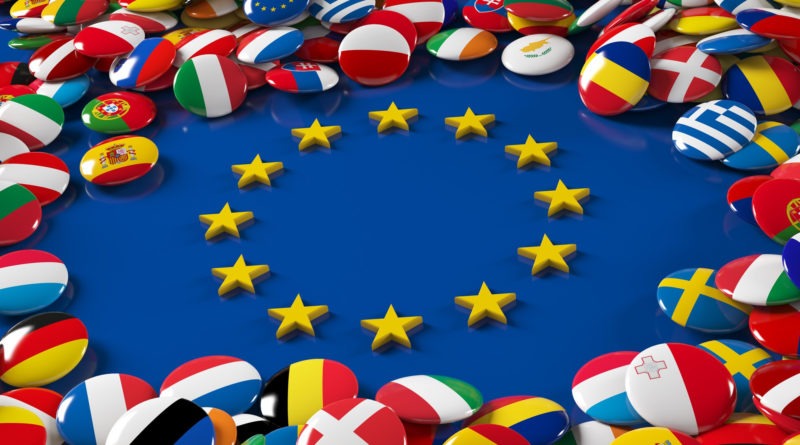Advancing the European Vision: Chancellor Scholz’s Call for a Unified Banking and Capital Markets Union
In a recent gathering in Berlin, German leader Olaf Scholz vocalized a compelling argument for the rapid advancement and completion of a unified banking and capital markets structure within the European Union. Scholz’s vision centers on transforming the EU into a formidable contender in the global arena, particularly in securing a front-row position in the race for pioneering new technologies, a domain currently dominated by nations like the U.S. and China.
During this pivotal assembly, which saw the convergence of European thought leaders and policymakers, Scholz, representing the Social Democrats, underscored the criticality of this integration for catalyzing economic expansion and generating employment opportunities across Europe. He pinpointed the excessive fragmentation of the existing single market, especially in financial sectors, as a significant impediment, restraining the EU, with its vast populace exceeding 400 million, from harnessing its collective potential and strength.
Scholz’s discourse went beyond identifying challenges; it was a clarion call for action, emphasizing the imperative to finalize what he termed “the European project.” This project is not a nascent concept but has been a subject of deliberation since 2015, with tangible progress remaining elusive. The crux of Scholz’s proposition is a harmonized market for capital across the EU, a move he believes will pave the way for European enterprises to ascend to prominence on the global stage.
Intriguingly, Scholz also touched upon the fiscal aspect of this integration, advocating for the implementation of a uniform minimum corporate tax rate of 15% across member states. He posed a thought-provoking inquiry, suggesting this fiscal standardization might well be the cornerstone for the successful operationalization of the banking and capital markets union.
However, Scholz did not shy away from addressing the concerns that lurk beneath these ambitious plans. He highlighted apprehensions about banks potentially gravitating towards EU nations offering the most lenient tax regimes, a situation that could, in adverse circumstances, impose financial burdens on taxpayers across the continent.
The push for this financial unification has resonated at the highest echelons of EU governance, with prominent leaders of EU institutions banding together in a unified call for a more potent euro and accelerated steps towards realizing the capital markets union, a sentiment echoed in their joint declaration last December.
It’s essential to recognize that while this narrative encapsulates significant developments and perspectives concerning the EU’s financial future, it should not be construed as financial advice. The broader implications of these initiatives, while promising in fostering a more integrated and robust European economy, carry complexities and require careful, nuanced consideration from all stakeholders involved.


